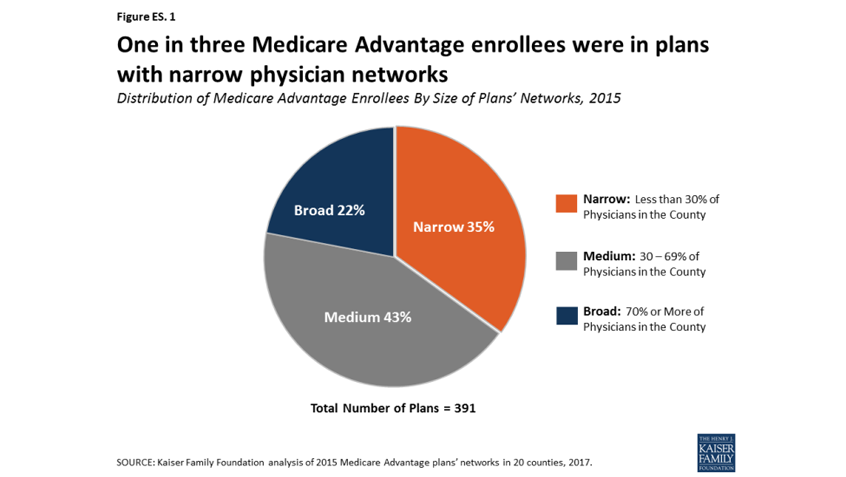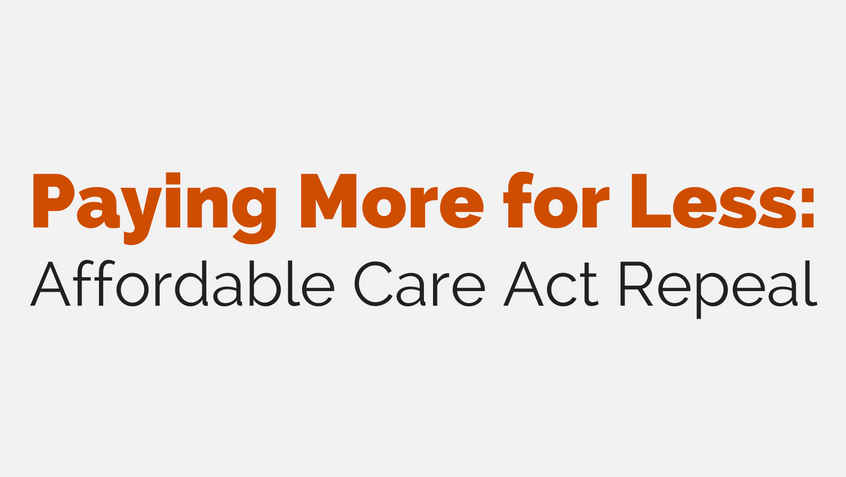Casey joined the Medicare Rights Center in 2011 as Client Services Counsel. Today, she focuses on education and federal policy, helping deliver accessible and accurate education materials to Medicare beneficiaries and the professionals who serve them. Casey regularly gives presentations on current developments in Medicare. She also advances the policy goals of the Medicare Rights Center through the administrative rule-making process and supports Medicare Rights’ close working relationship with legislators and their staff.
Casey earned her law degree, magna cum laude, from New York University School of Law, where she was elected to Order of the Coif. She earned her bachelor’s degree in Biomedical Ethics from Brown University. She is admitted to the bars of New York and Maine.











